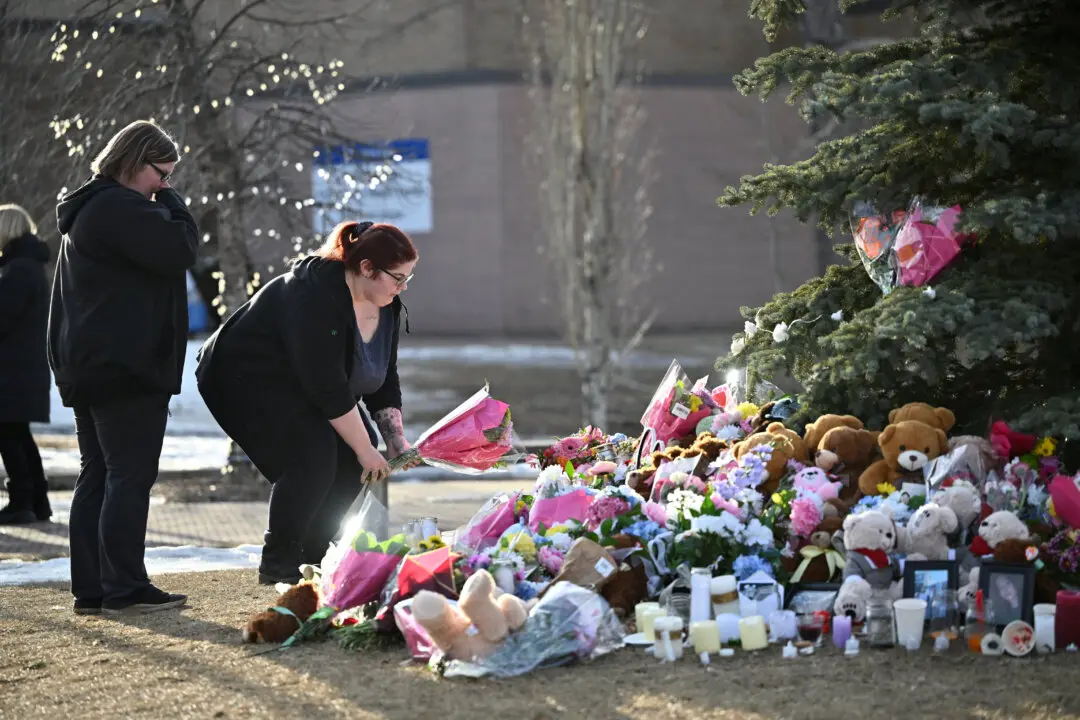A senior RCMP officer has testified that lawyers from the federal Justice Department advised him not to disclose a call he received from Commissioner Brenda Lucki asking him to send her details of the firearms used in the mass shooting in Nova Scotia.
In his testimony on July 27, Chief Supt. Chris Leather told the Mass Casualty Commission (MCC) that he had received a call from Lucki on April 22, 2020—three days after the shootings that left 22 dead—asking him to send her details about the guns.





